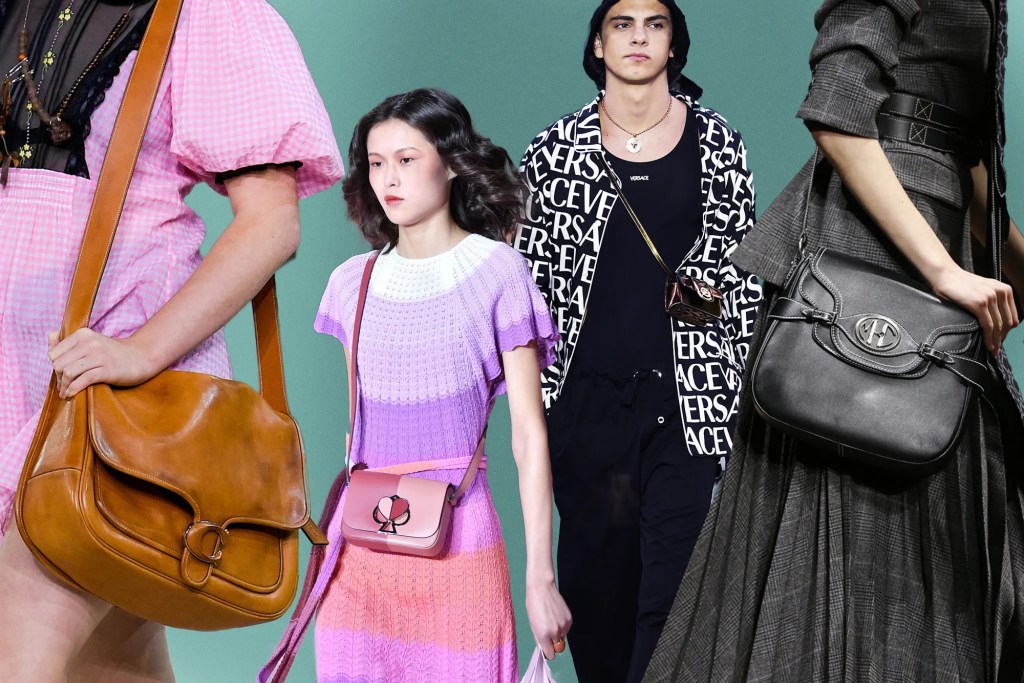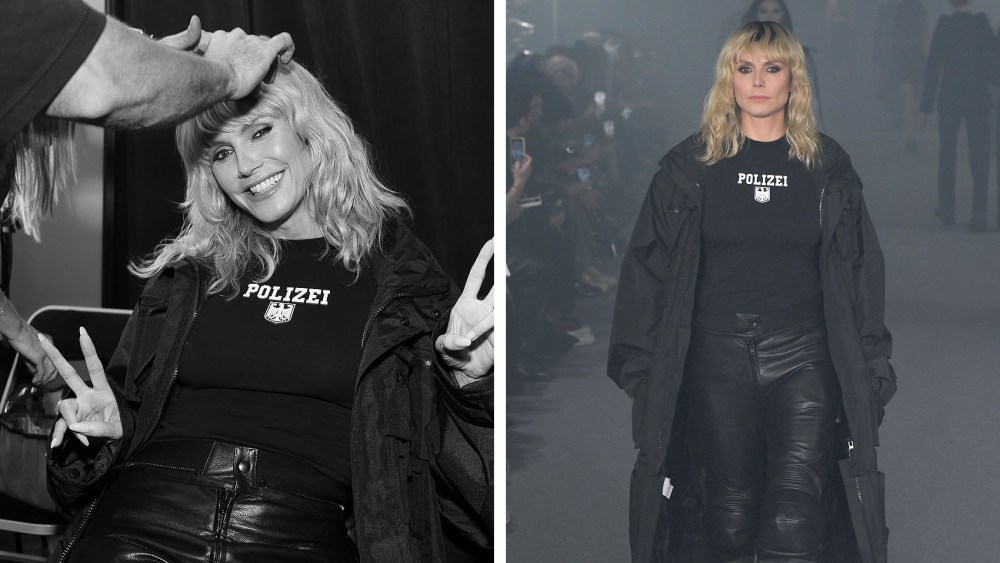Tapestry’s Inc.’s mega $8.5 billion deal to buy Capri Holdings came under the microscope of regulators at the Federal Trade Commission — and they didn’t like what they saw.
In a highly unusual move for the fashion industry, the FTC sued Monday in Manhattan federal court to block the acquisition, which was first agreed to in August and would bring together Tapestry’s Coach, Kate Spade and Stuart Weitzman brands with Capri’s portfolio of Micahel Kors, Versace and Jimmy Choo.
The U.S. was the last jurisdiction that needed to sign off on the transaction.
“If allowed, the deal would eliminate direct head-to-head competition between Tapestry’s and Capri’s brands,” the FTC said in a statement. “It would also give Tapestry a dominant share of the ‘accessible luxury’ handbag market, a term coined by Tapestry to describe quality leather and craftsmanship handbags at an affordable price.”
But Tapestry’s chief executive officer Joanne Crevoiserat, speaking to WWD Monday evening from Shanghai, signaled that the company was ready to fight to save the deal.
“We’re confident in the merits of this and the benefits of this transaction, and we’re looking forward to presenting those arguments in court, and importantly working expeditiously to close the transaction this calendar year,” Crevoiserat said.

Investors have been watching closely to see if the FTC would challenge the deal after regulators made a second request for more information in November. Experts said it would be unusual for the government to step in with anti-monopoly regulations to prevent a deal in a space as specific and as discretionary as accessible luxury handbags.
But that’s exactly what happened.
“It’s not clear how they’re defining the market,” Crevoiserat said. “We look at the market the way the consumer does, and I would say that as a consumer, even if you were to walk into any department store or TJ Maxx or Google or search on Amazon or Saks.com or macys.com, at any price point, and we know consumer shopping data shows, consumers shop up and down the price spectrum. There are lots of choices.”
Instead, she said the deal would help shoppers by bringing more innovation to the market.
“Consumers are fully in charge here and if we don’t deliver innovation that they value, they have other choices,” Crevoiserat said. “There are big players in the market … and there are new entrants every day that come into the market. Some celebrity wears a bag on an evening, or a really cool Brooklyn designer creates a bag. There are no barriers to entry. So if we’re not staying on top of what consumers value and delivering innovation behind that, we’re not going to win competitively.”
The FTC has a very different take on the transaction and in its statement said, “The proposed merger threatens to deprive millions of American consumers of the benefits of Tapestry and Capri’s head-to-head competition, which includes competition on price, discounts and promotions, innovation, design, marketing and advertising.”
Henry Liu, director of the FTC’s Bureau of Competition, said Tapestry, which was built off of the Coach brand, had become “a serial acquirer” that “seeks to acquire Capri to further entrench its stronghold in the fashion industry.
“This deal threatens to deprive consumers of the competition for affordable handbags, while hourly workers stand to lose the benefits of higher wages and more favorable workplace conditions,” he said.
The FTC’s statement added: “This deal isn’t likely to be Tapestry’s last, as the acquisition of Capri will give Tapestry additional leverage to make even more acquisitions in the future, according to the complaint. As the FTC’s complaint states, documents produced by Tapestry indicate that it has no plans to stop acquisitions even after this proposed merger.”
The commission voted 5-0 to issue the complaint and to seek a preliminary injunction to stop the deal.
While Capri’s business has weakened significantly since the two sides reached the agreement, Tapestry shows no signs of backing off.
Crevoiserat said, “The FTC has fundamentally misunderstood the marketplace, the way that consumers shop in our category and the impact of this deal on labor and workers in employees in our industry…. the FTC is the only regulator challenging this deal … which I think speaks to the way other jurisdictions consider the market and consumer behavior.”



